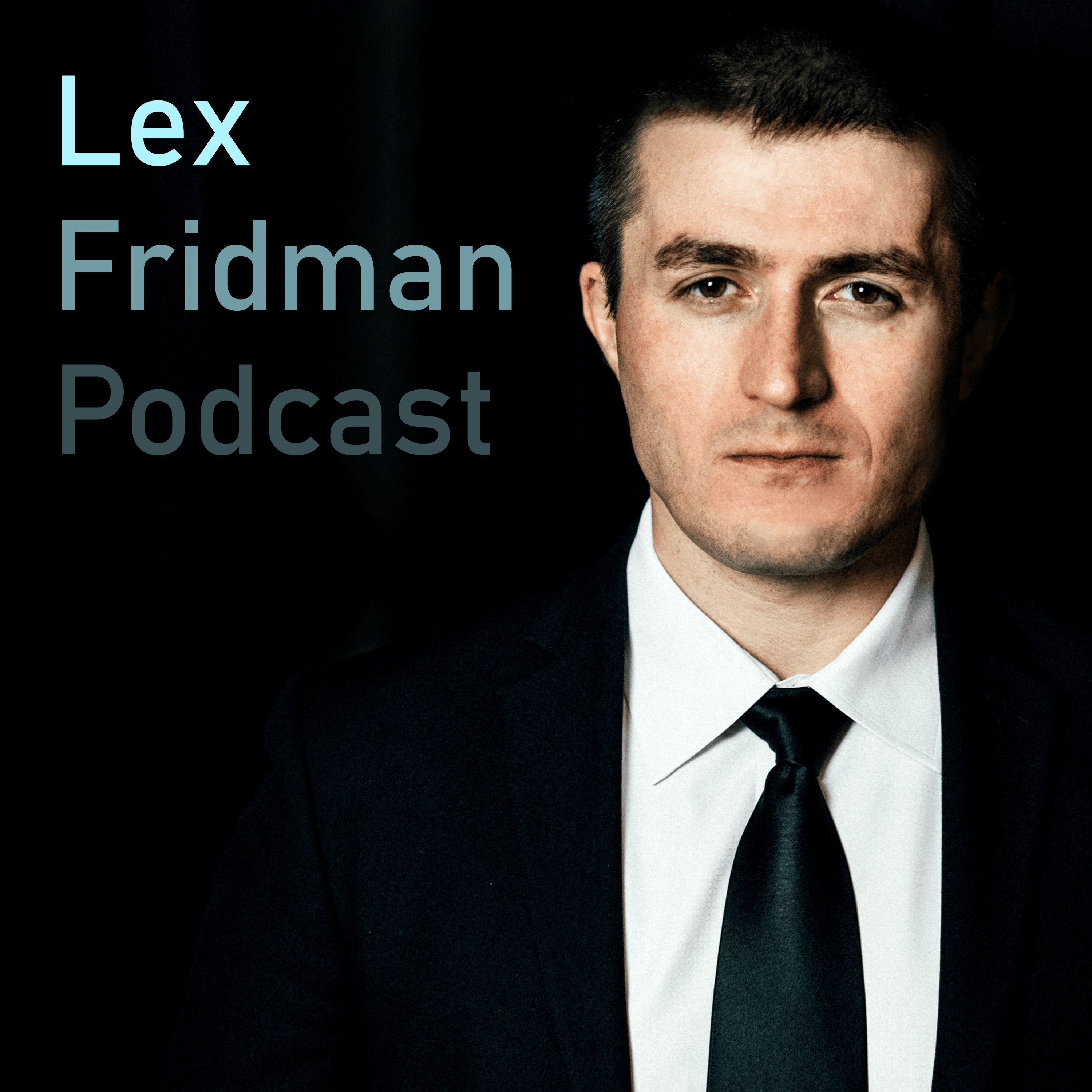
January 6, 2025 • 3hr 13min
#456 – Volodymyr Zelenskyy: Ukraine, War, Peace, Putin, Trump, NATO, and Freedom
Lex Fridman Podcast

Key Takeaways
- Language and Identity: The choice of language (Ukrainian vs Russian) is deeply symbolic in the context of the war, with Zelenskyy explaining he cannot speak Russian throughout as those attacking Ukraine speak Russian
- Security Guarantees: Zelenskyy emphasized that Ukraine needs concrete security guarantees beyond just a ceasefire, suggesting partial NATO membership for territory under Ukrainian control
- Path to Peace: Zelenskyy believes Donald Trump has the power to pressure Putin to end the war, but stresses any peace deal must include:
- Strong security guarantees for Ukraine
- Continued sanctions on Russia
- Use of frozen Russian assets for Ukraine's reconstruction
- Future Vision: For Ukraine's future prosperity, Zelenskyy highlighted:
- Digitalization and anti-corruption measures
- Tax reform to attract business
- Development of natural resources
- Partnerships with Western companies
Introduction
Context and Background (0:00)
This conversation with Ukrainian President Volodymyr Zelenskyy took place in Kyiv during wartime. The interview was conducted in a mix of languages (Ukrainian, Russian, and English) with translation support. Lex Fridman provided context about his own background, having family roots in Ukraine, and his goal of pushing for peace through dialogue.
Topics Discussed
Language and Identity (20:17)
- Zelenskyy explained his reluctance to speak Russian throughout the interview, stating: "The people who attack us, they speak Russian...I respect neither the leader of today's Russia nor the people"
- Highlighted how Russian attacks continue daily with missiles and drones
- Emphasized that language choice has become symbolic of Ukraine's fight for independence
World War II History (30:06)
- Zelenskyy shared the story of his grandfather who:
- Fought throughout WWII in infantry
- Lost his entire family to Nazi occupiers
- Was the only one of his brothers to survive the war
- Drew parallels between Hitler's actions and current Russian aggression
The 2022 Invasion (46:54)
Zelenskyy described the morning of February 24, 2022:
- Missile strikes began around 4 AM
- Had to quickly transition from family man to wartime leader
- Made rapid decisions about:
- Military response
- Weapons distribution
- Information strategy
Peace Negotiations (53:30)
- Discussed previous failed ceasefire attempts from 2019
- Requirements for lasting peace:
- Strong security guarantees for Ukraine
- International support and verification
- Protection for civilians in occupied territories
- Emphasized need for pressure on Putin rather than expecting voluntary compliance
NATO and Security Guarantees (1:13:47)
- Proposed partial NATO membership for territory under Ukrainian control
- Stressed importance of U.S. involvement in security guarantees
- Discussed historical failures of previous security agreements like Budapest Memorandum
Meeting with Putin and Trump (1:26:39)
- Expressed willingness to meet with Trump first to develop strategy
- Emphasized need for European involvement
- Cautioned against direct three-way meeting without preparation
Putin and Russia (1:51:38)
- Strongly rejected notion that Putin loves Russia or his people
- Cited examples of Putin sending young soldiers to die
- Discussed Putin's pattern of destroying neighboring countries
Donald Trump (2:01:30)
- Expressed respect for Trump's strength and capabilities
- Believes Trump can effectively pressure Putin
- Discussed possibility of attending Trump's inauguration
Martial Law and Elections (2:12:01)
- Explained necessity of martial law during wartime
- Discussed challenges of holding elections:
- 8.5 million refugees abroad
- Occupied territories
- Military voting logistics
- Suggested elections could occur 90 days after war ends
Future of Ukraine (2:43:50)
- Key priorities for development:
- Digital transformation
- Tax reform
- Natural resource development
- International business partnerships
- Emphasized importance of remaining culturally aligned with Europe
- Discussed plans for attracting refugees back home
Conclusion
The conversation revealed Zelenskyy's complex balancing act between pursuing peace while maintaining strong security guarantees for Ukraine. He demonstrated both pragmatism in considering partial solutions (like limited NATO membership) and firmness in requiring concrete security arrangements beyond just promises. His vision for Ukraine's future emphasizes modernization, anti-corruption efforts, and integration with Western economic systems, while maintaining Ukrainian cultural identity.